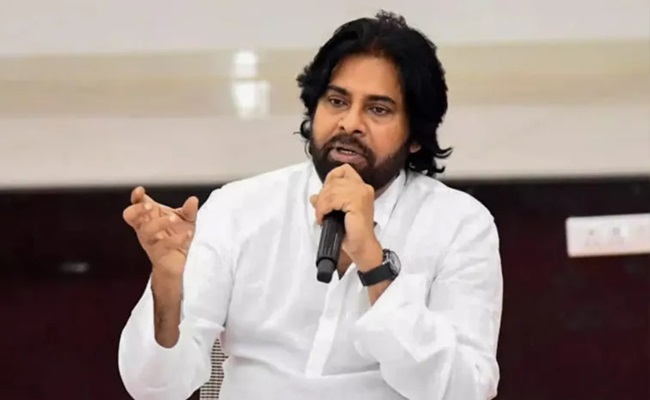
Pawan Kalyan has urged all South Indians to learn Hindi, stating that it is the most widely spoken language nationally, and that learning it is every Indian’s prerogative. But if he says that, what about English? In fact, most people advocate learning one’s mother tongue first, before picking up any other language.
Now, if we’re given an option — between learning Hindi or English — what would a wise person choose? Obviously, English. It is globally accepted, widely used in professional and academic settings, and offers far broader opportunities. Rather than spending valuable time learning Hindi from scratch, it makes more sense to invest that effort into mastering English. Both languages can certainly be learned, but if hypothetically only one language could be chosen, English would clearly be the more beneficial and strategic option.
Even Jagan Mohan Reddy attempted to implement this vision in Andhra Pradesh during his tenure. He introduced English medium instruction across government schools. At the time, there was strong opposition, with critics — especially from TDP and Jana Sena — accusing his government of “killing Telugu.” But the irony is, switching to English medium doesn’t mean Telugu is removed from the curriculum altogether — it continues to be taught as the first language.
In fact, a large number of English-medium students are proficient in both Telugu and English. Despite this, critics failed to acknowledge that even leaders from opposition parties, including Pawan Kalyan, do not send their children to Telugu-medium schools. Why the double standards?
Coming back to the current discussion — why is there a sudden push for Hindi in South India? It's quite evident that the BJP is trying to strengthen its presence in the South, and for that, a cultural bridge through language might help. Promoting Hindi in the South could, over a generation, increase its prevalence, helping BJP’s nationalistic image and solidifying their identity around a "common national language" — though Hindi is not the official national language of India.
Additionally, it’s worth noting that Hindi currently ranks as the fourth most spoken native language in the world, after Chinese, Spanish and English and with efforts to promote it across all Indian states, especially in the South, India could surpass even China in the number of native speakers. This might be another motivating factor behind the push. Language and identity often go hand-in-hand, and perhaps BJP sees this as a way to build national linguistic unity.
Whatever the motivations may be, for this vision to materialize, regional language pride and movements must subside, and love for Hindi needs to be cultivated. Pawan Kalyan’s sudden enthusiasm for Hindi may very well be guided by central BJP leadership, as part of a broader strategy. Otherwise, this abrupt advocacy for Hindi — especially from a Telugu leader — would seem quite odd.
Usha Chowdhary














